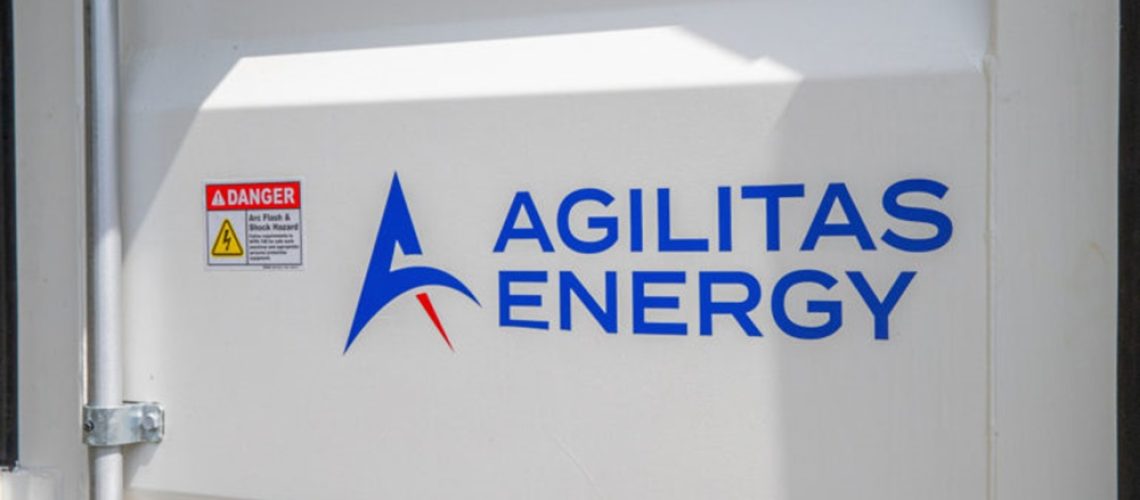Under a ten-year contract, the non-wires project will discharge up to four hours of stored energy during the utility’s peak demand period.
Renewables and energy storage company Agilitas Energy has constructed a 4.8 MW/23.7 MWh standalone, non-wires solution energy storage project in Con Edison’s service territory.
The lithium-ion battery project is located in Long Island City, Queens, and is meant to help the utility meet peak loads in its footprint. Agilitas has entered into a ten-year contract with Con Edison to discharge as much as four hours of stored energy during its peak demand period, running from May 1 through September 30. During this time, the utility can request power daily with some advance notice.
The energy storage project is expected to come online in 2024. It will boost Con Edison’s grid reliability and resiliency, according to Agilitas. The company says the batteries can charge during off-peak hours, when the grid is less strained and electricity is priced lower, and then discharge to customers when power demand increases.
In addition, the project will participate in New York’s Value of Distributed Energy Resources value stack tariff, Zac Osgood, vice president, EPC, Agilitas Energy, told pv magazine USA. The value stack is a mechanism that compensates distributed energy projects as they provide electricity back to the grid.
The Long Island project provides Con Edison and local ratepayers with a more cost-effective solution to providing critical, dispatchable demand relief to support ongoing load growth in the area, Osgood said.
Along with other non-wires projects in the area, it will help alleviate deficiencies identified in the existing local electrical infrastructure – meaning it will help support that load growth without having to perform costly upgrades and substation transformer replacements that would have otherwise been required, Osgood added.
Last year, New York Gov. Kathy Hochul unveiled a plan for the state to hit 6 GW of energy storage by 2030 – roughly 20% of its peak electricity load. The roadmap would include storage deployments estimated to reduce future electric system costs in New York by nearly $2 billion.
More broadly, energy storage has a key role to play in ensuring reliability as the share of renewables on the grid continues to grow. In addition to discharging power when demand is high and the grid is under stress, energy storage can also serve as an aide during extreme weather events, Osgood said, acting as a back-up power source during outages and ensuring power is delivered at critical times of peak demand.
“Energy storage has emerged as essential for keeping the grid running during extreme weather events, following our recent summer of record-breaking heat and power demand,” he said.
New York City is arguably the most complicated and challenging urban area to build an energy storage project with its regulatory hurdles and zoning restrictions, Barrett Bilotta, president, CEO and co-founder of Agilitas Energy, said.
“This energy storage system will serve as a huge win for consumers as our project will enhance reliability, support the transition to a clean energy future and help defer the costs of building more infrastructure,” Bilotta added.
Last June, Agilitas Energy announced it had raised $350 million of equity from funds managed by CarVal Investors L.P, expected to support the company’s project pipeline of more than 500 MW.



